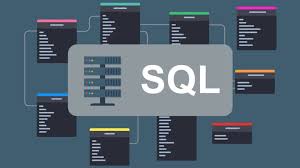
Ce cours de 4 ECTS sur les bases de données présente les principes fondamentaux des systèmes de gestion de bases de données relationnelles. Vous y apprendrez à modéliser vos données à l’aide de diagrammes entité–association, à convertir ces modèles en schémas relationnels normalisés (1NF à BCNF), puis à interagir avec la base grâce au langage SQL (création de tables, requêtes complexes, agrégations et sous-requêtes). Vous découvrirez également les mécanismes de gestion des transactions, de contrôle de concurrence et de récupération, ainsi que les techniques d’optimisation—index, vues matérialisées et analyse de plans d’exécution—pour garantir performance et fiabilité. À l’issue du module, vous serez à même de concevoir, déployer et interroger efficacement une base de données relationnelle robuste.
- Teacher: Admin User
